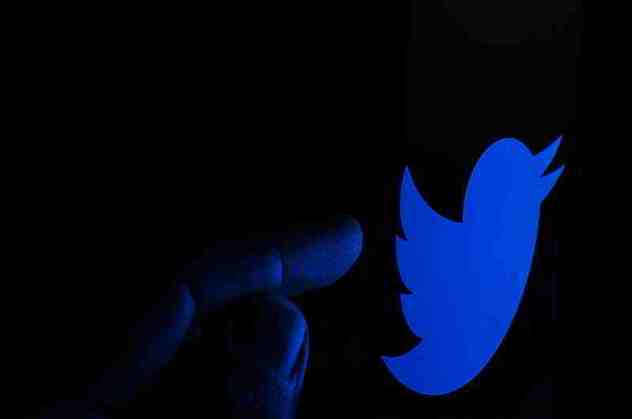Twitter rebrand brings out scammers
By Greg Collier
If you’ve been following the news lately, you’re probably aware of Elon Musk’s rebranding of the social media platform Twitter into X. Gone is the blue Twitter bird that has graced the platform for over 15 years, replaced by a stylized X as the logo. So, when a story like this is large enough to garner national headlines, leave it to the scammers to take advantage of the situation.
As we have said in the past, scammers are probably the most news-connected people around. They can take a news story as small as a local power outage to a massive story like this and use it to their advantage. In the case of Twitter/X, many scammers have launched a phishing campaign against Twitter/X users, especially those who signed up for Twitter Blue.
Before Musk took over Twitter, to get the vaunted blue checkmark next to your name, you had to be someone of importance. After Musk bought Twitter, he instituted Twitter Blue, which allowed users to have a blue checkmark as long as they paid an $8/mo. subscription fee. Many critics claimed Twitter Blue devalued the checkmark, and therefore devalued Twitter.
Now, while Twitter is in the middle of a rebrand, the scammers have decided to strike. Many Twitter Blue users have received emails telling them they need to update their subscriptions to X memberships. The email also contains a link for users to click on to supposedly update their memberships. If someone were to click on the link, they would essentially be handing their Twitter profile to scammers. From there, scammers can use what appear to be verified accounts to spread even more scams.
To better protect yourself against phishing scams like this, do not click on links or download attachments in emails from unknown or suspicious sources. Check the email address of the sender to ensure it matches the official email address of the organization they claim to represent. Phishers often use email addresses that resemble the real ones, but have slight variations. Legitimate organizations rarely ask for personal information through email or text messages. Be cautious if an email requests sensitive data, such as passwords. Lastly, before clicking on any link, hover your mouse pointer over it to see the actual URL. This allows you to check if the link is legitimate or if it redirects to a suspicious website.













Leave a Reply